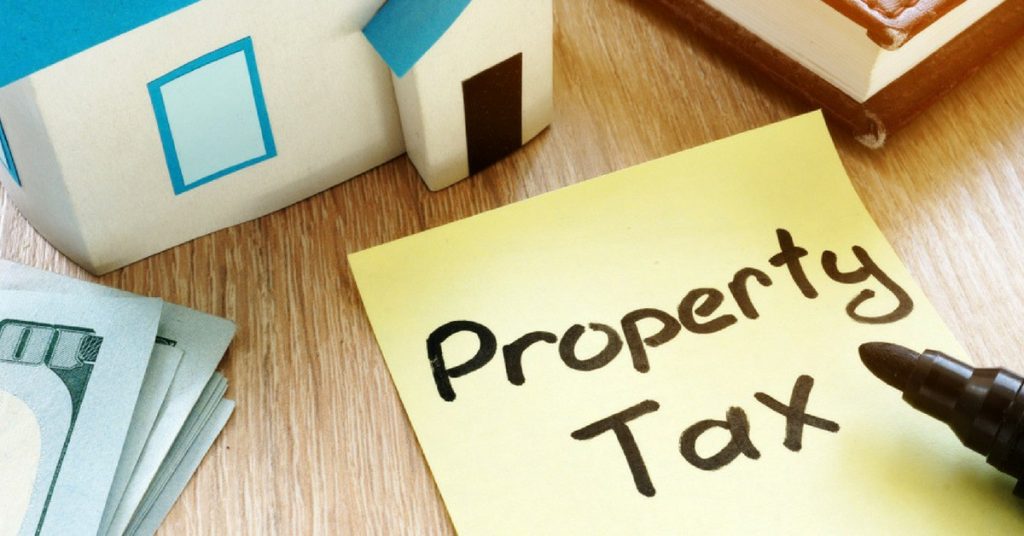Jammu: The Jammu and Kashmir administration expects to get Rs 150 crore in revenue from property tax and the money will go towards bolstering municipal bodies to give people better civic services, an official said.
Under the new property policy, he said, there will be 10 per cent rebate for early submission, which can be paid in two equal installments.
The Jammu and Kashmir administration had on Tuesday ordered the imposition of property tax across its municipal areas from April 1.
The tax rates will be five per cent of the taxable annual value (TAV) for residential properties and six per cent for commercial properties, it had said.
“The government is expected to get Rs 150 from the property tax imposition in 2023-24. It is imposed for the first time in J&K,” Principal Secretary, Housing and Urban Development department, H Rajesh Prasad, told reporters here.
He said that the step is for making municipal corporations and other bodies financially self-reliant. “It is a step for the benefit of the people.”
“Better municipal services are expected to attract more investment and encourage more people to set up business in J&K. Revenue from property taxes will be used to improve infrastructure, build new parks, and playgrounds, and maintain existing facilities,” he said.
Since property tax is to be levied annually and can be paid in two equal installments “it will not be a burden for the people” he said.
Prasad said municipal bodies have generated revenue of Rs 115 crore against operational expenditure of Rs 850 crore, which goes towards paying salaries and maintenance expenses.
He termed property tax one of the “essential pillars” of municipal financing the world over.
“Tax rates in UT of J&K are notified in such a way that tax implications are progressive in nature with minimum implication to small businesses and Households,” Prasad said, adding it is for the first time the Union Territory is introducing this tax and at a lower rate than its neighbours.
As it happens, Jammu and Kashmir are one of the last states or UT in India to levy a property tax, he said.
“Property Tax is linked with stamp duty tax of the area. So property valuation of the different areas is captured differently with property in old city area, or Sarwal, will be subject to lower property tax compared to an upscale area like Gandhi Nagar.
“Further, weightage to age of the property, use type and construction type, etc is used to arrive on Annual Taxable Value in a more comprehensive manner,” Prasad said.
He said that under the new tax formula, residential houses with an area of up to 1,000 sqft will be exempt from property tax, while a residential property with a build-up area of up to 1,500 squre feet too will be given concession in relief for LIG and MIG category houses.

